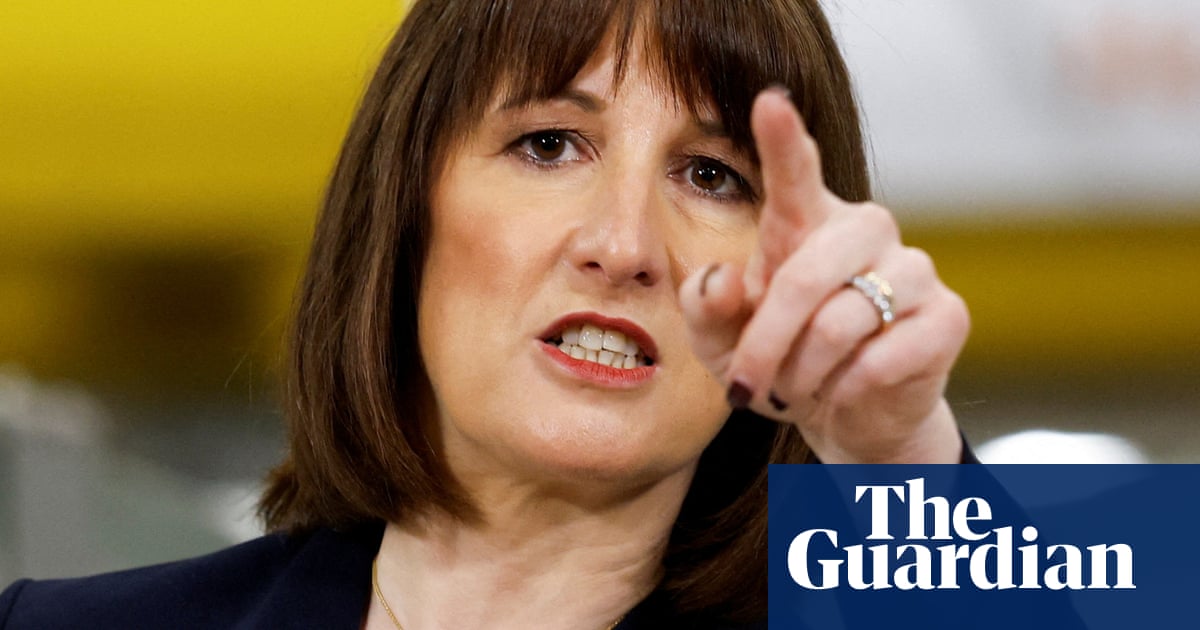When the Taliban began marching towards cities across Afghanistan in the summer of 2021, Alia*, a 22-year-old Afghan journalist, found herself doing some of the most important work of her short life and career.
In the weeks leading up to the Taliban takeover in August, Alia’s voice on the radio became familiar to many in northern Afghanistan. She reported on the withdrawal of foreign troops, the siege of government offices and on the detention of former officials in her province.
Above all, Alia reported on the situation for women and their fears and concerns – emotions she was experiencing herself. As the Taliban gradually began imposing restrictions on them, Alia was documenting history repeating itself.
“I grew up with the history of the Taliban’s domination of women [during their first stint in power between 1996 and 2001] and a lot of my work focused on the impact such radical ideology has had on women’s progress in Afghanistan,” she says.
“I had joined the station straight from university in 2019 and worked for two years before the Taliban takeover. In the following months, I felt the most passionate about my job and choice of career even though there was always the fear of the Taliban.”
It did not take long for the Taliban to begin a crackdown on media and journalists in the country, with 336 known cases of arrest, torture and intimidation between August 2021 and September 2024, according to the UN.
It has been particularly hard for broadcast reporters who can be recognised and targeted by their face and voices. In several provinces, the Taliban have banned women from radio broadcasting.
In the early days after the takeover, amid the chaos and uncertainty and attacks by Taliban members, some journalists were forced into hiding or fleeing the country. Alia’s employers temporarily took her off air to protect her, but she continued newsgathering, particularly on women’s issues, her stories often riling the new powers.

In 2022, after Alia’s employers began to receive threats from local Taliban leaders for hiring and broadcasting female journalists, they sacked Alia for their mutual safety.
“I was asked to leave because of my gender. I wanted to amplify women’s voices. I did not imagine that one day my own voice would be stifled.”
Over the subsequent two years, women have continued to be excluded from public and the media. First there was a nationwide ban on women’s voices in public and now, this month, one of the last remaining female-run media outlets has been silenced, with the offices of a Kabul-based women’s radio station, Radio Begum, raided, staff arrested and the station taken off air.
While the Taliban accused Radio Begum of violating broadcast policy, Begum staff members insist they have simply been providing “educational services for girls and women in Afghanistan”. With recent bans on women attending higher education, platforms such as Radio Begum have been attempting to fill the vacuum for girls who wish to continue learning.
Under threats, immense pressure and even forced closures, the Afghan media has significantly shrunk in the last three years. Prior to the Taliban takeover, Afghanistan had approximately 543 media outlets employing 10,790 workers. By November 2021, 43% of these outlets were closed, with only 4,360 media workers remaining. It has been even worse for women in media.
A recent estimate by the International Federation of Journalists documented only 600 active female journalists in Afghanistan as of March 2024, down from 2,833 women in journalism before August 2021.
“I cannot express the sense of hopelessness and misery I feel. You have to be an Afghan woman to truly understand how difficult it has been to give up everything you worked for. We showed to the world that the Taliban have not changed and will not change. And it scares them,” says Alia.
Some female voices remain on air in northern provinces, a result of opposing views within the Taliban about excluding women from society. Alia says radio in particular remains a powerful medium in a country with widespread poverty and poor access to internet or television. Many families rely on the radio for news and information.
“The media is the only source that can expose the Taliban’s crimes to the people and the world, to expose how they have been depriving women and other groups. And it also helps Afghans be more aware through programmes such as on Radio Begum,” she says.
* Name has been changed to protect their identity

 3 months ago
84
3 months ago
84

















































